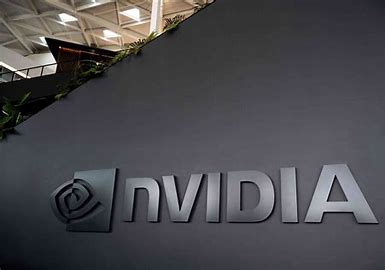Nvidia Shares Fell 3.8% in Pre-market Despite Strong Q2 Earnings
Nvidia shares fell on Thursday morning, declining as much as 3.8% in pre-market trading despite the company’s impressive fiscal second-quarter performance. The drop came as Nvidia reported a 122% year-on-year increase in revenue, reaching over $30 billion, marking its fourth consecutive quarter of triple-digit revenue growth. However, the market’s reaction was tepid, reflecting the high expectations already priced into the stock after a meteoric rally.
Analysts pointed out that Nvidia would have needed to significantly exceed all expectations to see a post-earnings stock surge. The company’s guidance for the fiscal third quarter projects $32.5 billion in revenue, suggesting an 80% year-on-year increase, which, although strong, indicates a slowdown compared to the previous quarter’s performance.
Nvidia’s gross margin also dipped slightly, with the company forecasting it to remain in the “mid-70% range” for the full year, slightly below analysts’ expectations of 76.4%. This cautious outlook on margins contributed to the stock’s decline.
The pullback in Nvidia’s stock is noteworthy given its dramatic rise this year. The shares have skyrocketed more than 150% year-to-date and surged over 750% since the beginning of 2023, driven by the booming demand for artificial intelligence technologies. Nvidia’s graphics processing units (GPUs) have become essential components for large tech companies investing heavily in AI development.
The dip in Nvidia’s stock also affected semiconductor firms globally, with significant players like Samsung and Taiwan Semiconductor Manufacturing Co. seeing their shares fall on Thursday.
Amid concerns over potential delays in the rollout of its next-generation Blackwell AI chips, Nvidia assured investors that it expects to ship several billion dollars’ worth of Blackwell revenue in the fourth quarter. Additionally, the company announced a $50 billion stock buyback program, which could provide support for the stock in the long term.
Despite the short-term dip, Nvidia remains a dominant force in the AI-driven tech landscape, and the company’s long-term prospects continue to capture the attention of investors worldwide.


